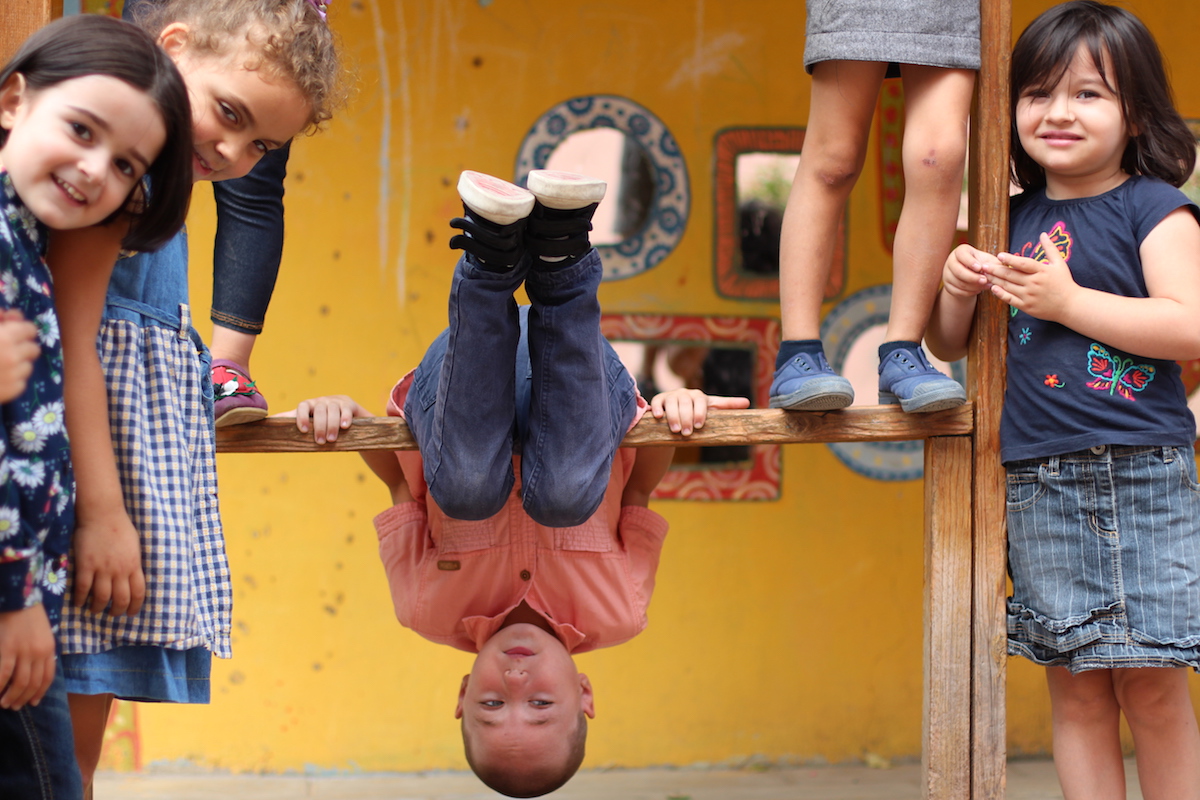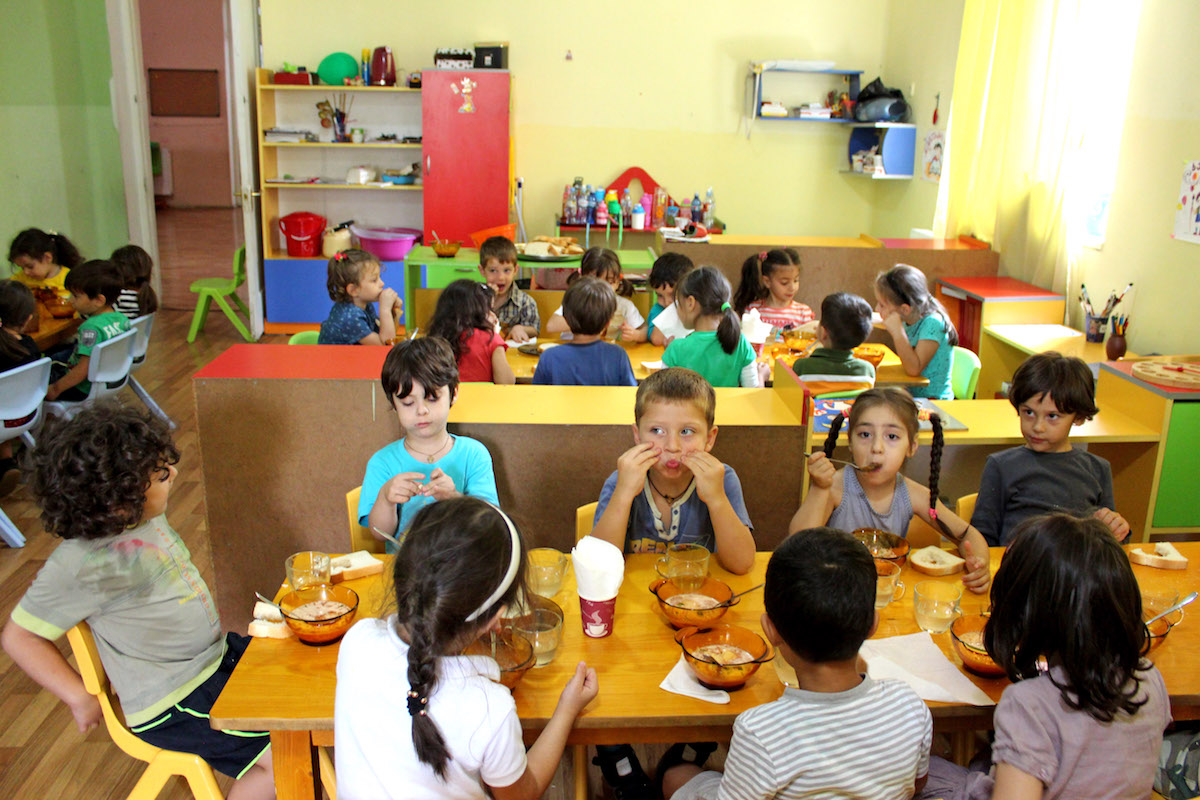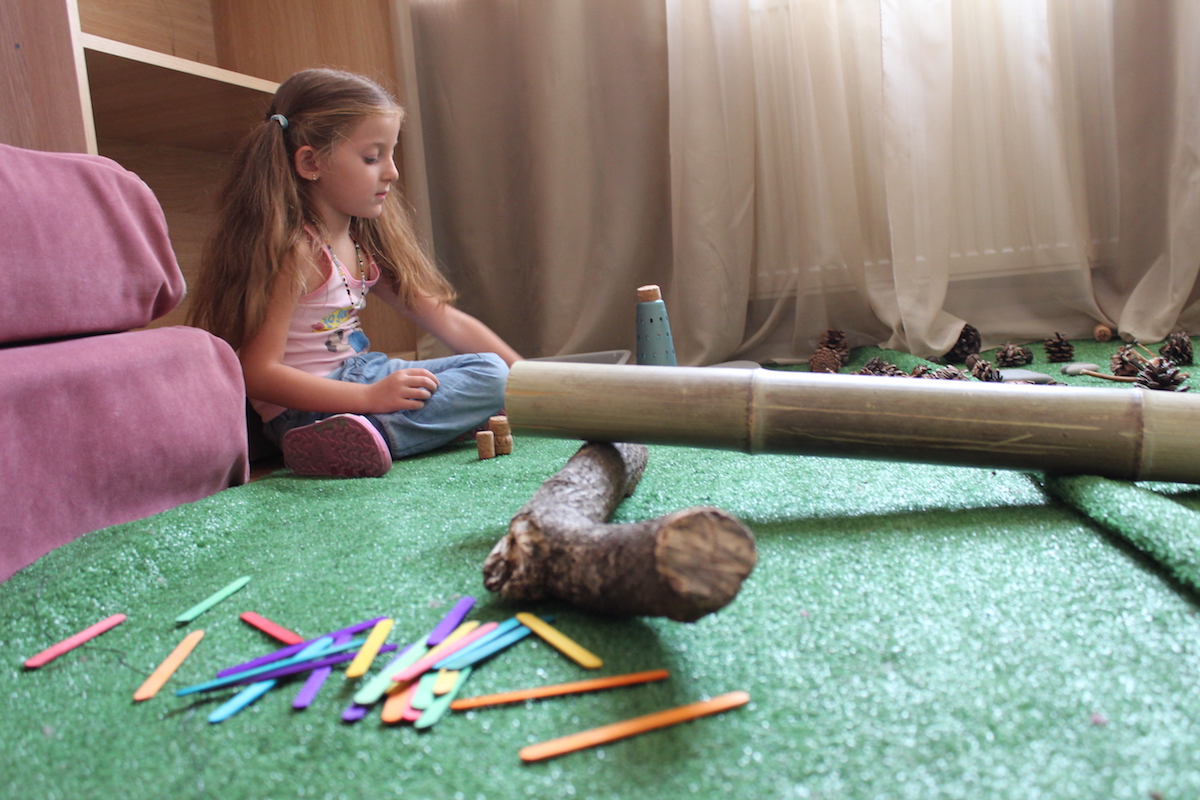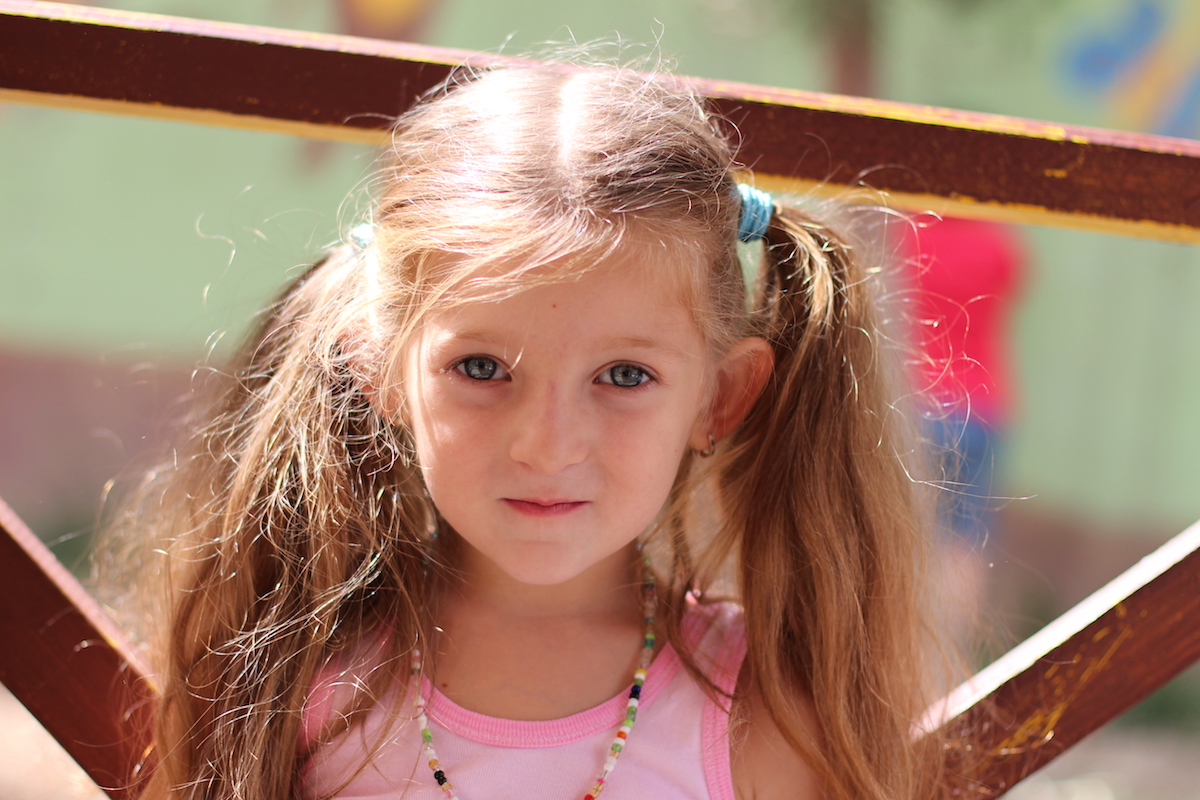UNICEF study reveals troubling findings - Tbilisi daycares overfilled, underfinanced

The United Nations Children’s Fund (UNICEF) conducted a study on the quality of pre-school education in 57 municipalities across Georgia. The report highlighted that almost half of kindergarten teachers lack relevant higher or professional education, that some kindergartens in the capital have as many as 60 children and that as little as 73 tetri (about 30 US cents) is spent on toys and educational equipment (such as pencils and notebooks) per child annually in rural areas.
________________
The kindergarten as a seminal institution
The United Nations pays special attention to kindergartens and other preschool education institutions as is highlighted in its plan to overcome poverty, the 2030 Agenda for Sustainable Development:
“By 2030, all children should be provided with pre-school education that will enable them to be ready for primary education,” the document says.
A study conducted by the United Nations Children’s Fund (UNICEF) in Georgia and the National Centre for Evaluation and Examination (NAEC) revealed that the problem of preschool education in Georgia is not on the agenda.
There is no universal quality preschool education, and moreover, there is no national policy in the country.
60 children in one group

Around 69.5 per cent of children attend kindergartens in Georgia. By contrast, 95 per cent of children attend kindergartens in Europe.
Most of the children in the 69.5 per cent group are from urban areas. Only 48 per cent of children go to kindergartens in rural areas, and only 33 per cent in regions inhabited by ethnic minorities go to kindergartens. As few as 39 per cent of socially vulnerable children receive preschool education.
Another major issue is that children attending kindergartens in urban areas suffer from overfilled groups.
For example, an average group size at a Tbilisi kindergarten is 39 children. Some kindergartens have groups of up to 60 children.
Special needs children
Children with disabilities experience many problems in kindergartens such as a lack of appropriate infrastructure, overcrowding and incompetent educators.
These children struggle to receive pre-school education without experiencing social stigma. Meanwhile, kindergarten workers believe ‘they are not sufficiently objective and serious about the problems of children with disabilities and their parents’.
Psychologists and special needs teachers are present in urban kindergartens, but their competence leaves much to be desired.
For example, children with disabilities are educated individually instead of trying to fully integrate them into a group.
Who becomes a preschool educator?
According to the UNICEF study, 44 per cent of kindergarten teachers in Georgia do not have higher or professional education in the sphere of preschool education.
Only 50 per cent of kindergarten headmasters have sufficient education.
An overwhelming majority of kindergarten staff have not undergone any professional training or retraining courses in the last 10 years.
Salaries are comparably poor : kindergarten teachers receive on average GEL 336 (about USD 150) per month, which is almost three times lower than the average monthly income of about 940 Lari (about USD 400).
How children play and learn

There is a noticeable shortage of toys and learning materials in Georgian kindergartens. Most of the toys are brought by parents as there is practically no money allocated for this. According to data collected from 56 municipalities, 62.5 per cent of municipalities spend less than GEL 10 (about USD 4) per kindergarten every year. Some municipalities spend as little as GEL 0.73 or GEL 1.11 (almost 50 cents) per year.
The budgets of pre-school facilities are set by municipal services. The size of the budget directly depends on the scale of the institution or on the number of children attending it. However, the study revealed that the budget of a kindergarten is determined not only by the number of attending children, but also by the location of the kindergarten itself. For example, while GEL 20.80 (almost USD 9 ) is allocated per child for educational materials in Batumi, the Chelvachauri municipality spends only GEL 5.40 (slightly over USD 2). This, along with other problems, shows that the state does not provide all children with the same conditions and opportunities.
What do the parents do?

According to UNICEF, the parents do not participate in the decisions pertaining to their kids’ kindergardens.
“Contact with parents is mostly limited to so-called ‘matinees’ held on holidays. They do not participate in daily practical decisions during the year,” the study noted.
Most parents rarely question the policies or the methods of the chosen preschool institution. Furthermore, they do not participate in their children’s learning programmes and are rarely informed about them.
The study identified a lack of communication between educators and parents, explained by the fact that teachers are incapable of devoting the necessary time to the parents of each child in a group of 40 children.
The UNICEF report concludes that the main reasons for the low quality of preschool education in Georgia are large group numbers, low salaries and a lack of education and/or professional development.



















